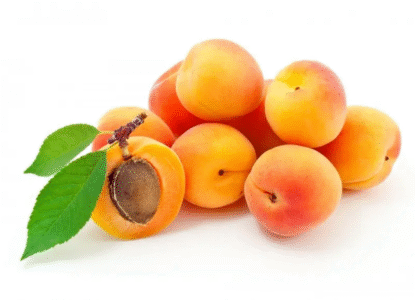Minister of Social Affairs Hector Hajjar toured the villages of Marjayoun District to survey the needs of the steadfast, returnees and displaced Lebanese, accompanied by a delegation from United Nations agencies, and with the participation of the representative of the United Nations High Commissioner for Refugees (UNHCR), Mr. Ivo Vrijsen, Director of the World Food Program in Lebanon (WFP), Mr. Matthew Hollingsworth, Head of the United Nations Office. For the coordination of humanitarian affairs, Ms. Kristen Kentsen, Director of UNICEF in Lebanon, Mr. Akil Ayar And the Ministry’s work team.
Expanded meeting
Hajjar began his tour with an expanded meeting with the Nabatieh Governorate, Howaida Al Turk, where he and the accompanying delegation listened to the needs closely. After that, the delegation, in the presence of the Mayor of Marjayoun, Wissam Hayek, moved between the towns of Dibbin, before Al-Saqi, Al-Qulaya, Balat and Jdeidet Marjayoun, where he met in each town with the mayor, the mukhtar, and the steadfast residents, listening to their suffering and inquiring about their basic needs.
In the municipality of Jdeidet Marjayoun, the last stop of the tour, an expanded meeting was held with the activities of all the villages of Marjayoun district, where the United Nations organizations participating in the tour presented the aid they provided during the war period in coordination with the Ministry of Social Affairs, in addition to the aid that will be provided in the coming period.
The people also explained the details of their suffering and focused on the urgent need to support them with diesel for heating and funds to renovate their homes and commercial establishments, and the necessity of activating work in all state institutions.
Based on the data of this tour, a meeting will be held next week with United Nations organizations to develop a short-term plan to respond to the basic needs of the Lebanese in these areas.









